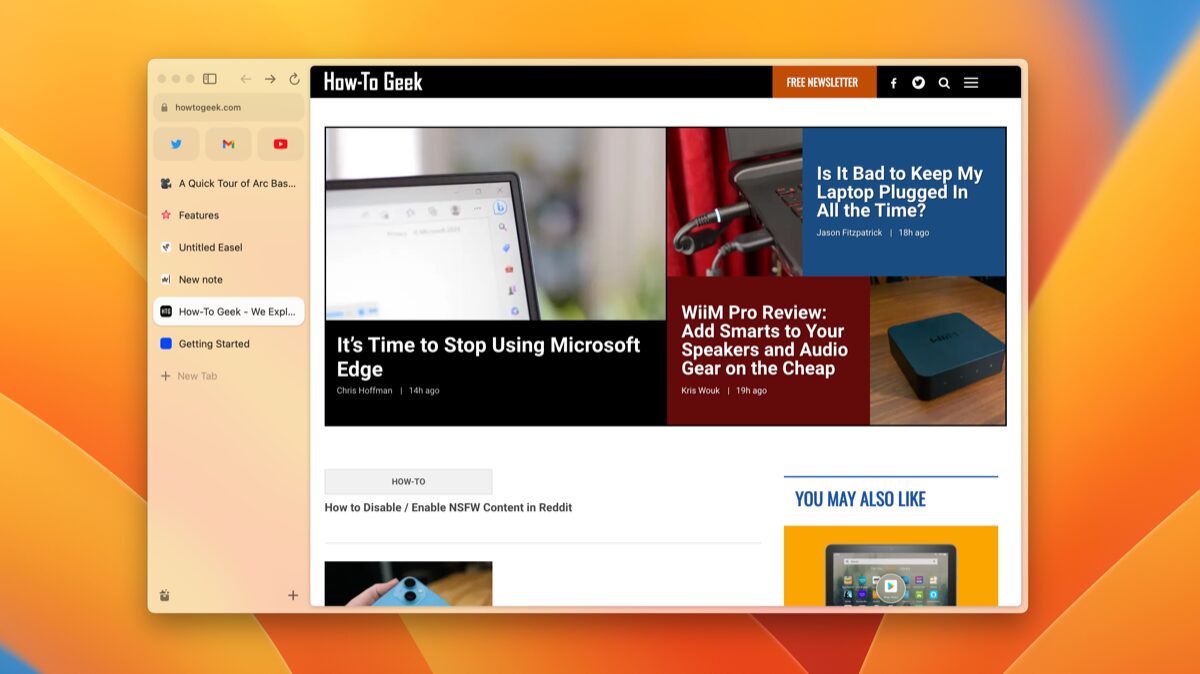Microsoft Edge Will Translate Videos In Real Time With AI
AI is increasingly getting more useful.
Generative AI has been just image generation, text generation, and even video generation for a while, but as the technology matures, we’re seeing more and more uses for it. OpenAI’s announcement of GPT-4o certainly shook things up for competitors, who are coming out with their own innovations now. Microsoft made a few AI announcements, including a new feature for Microsoft Edge that will certainly come in handy.
Microsoft just unveiled a few new updates for its apps at Build 2024, including a new feature for Microsoft Edge that will give the browser real-time video translation capabilities. Leveraging generative AI technology, Edge will enable seamless translation of web videos into various languages. We’re sure you’ve come across a video or two where you wanted to watch it but no dub/subtitles were available—this would help you by listening and translating in real time in a similar manner translators do on live TV.
This advancement follows Microsoft’s recent announcement regarding Copilot+ PCs, which will support system-level live captioning for translating audio in any app or video platform. The real-time video translation in Edge operates distinctively, but it’s a very similar feature with a very similar goal. It will also work in other, non-Windows platforms as well. The feature will initially be available on YouTube and other platforms like LinkedIn, Reuters, and CNBC News, supporting translation between Spanish and English, as well as from English to several other languages, such as German, Hindi, Italian, Russian, and Spanish. Microsoft plans to expand language support in the future.
In addition to translation capabilities, Microsoft Edge for Business, designed for enterprise users with Microsoft Entra ID accounts, will receive a boost in security. IT administrators will gain the ability to implement screenshot prevention policies on sensitive pages and utilize the Edge management service to monitor device update status. This ensures enhanced protection for sensitive information and helps mitigate risks associated with outdated software.
If you want to check this out, it’s not clear when the feature will roll out exactly for users. There’s a chance we might see it once Windows 11 24H2 rolls around later this year, so we’ll have to keep an eye out for that.
Source: Thurrott, Microsoft











